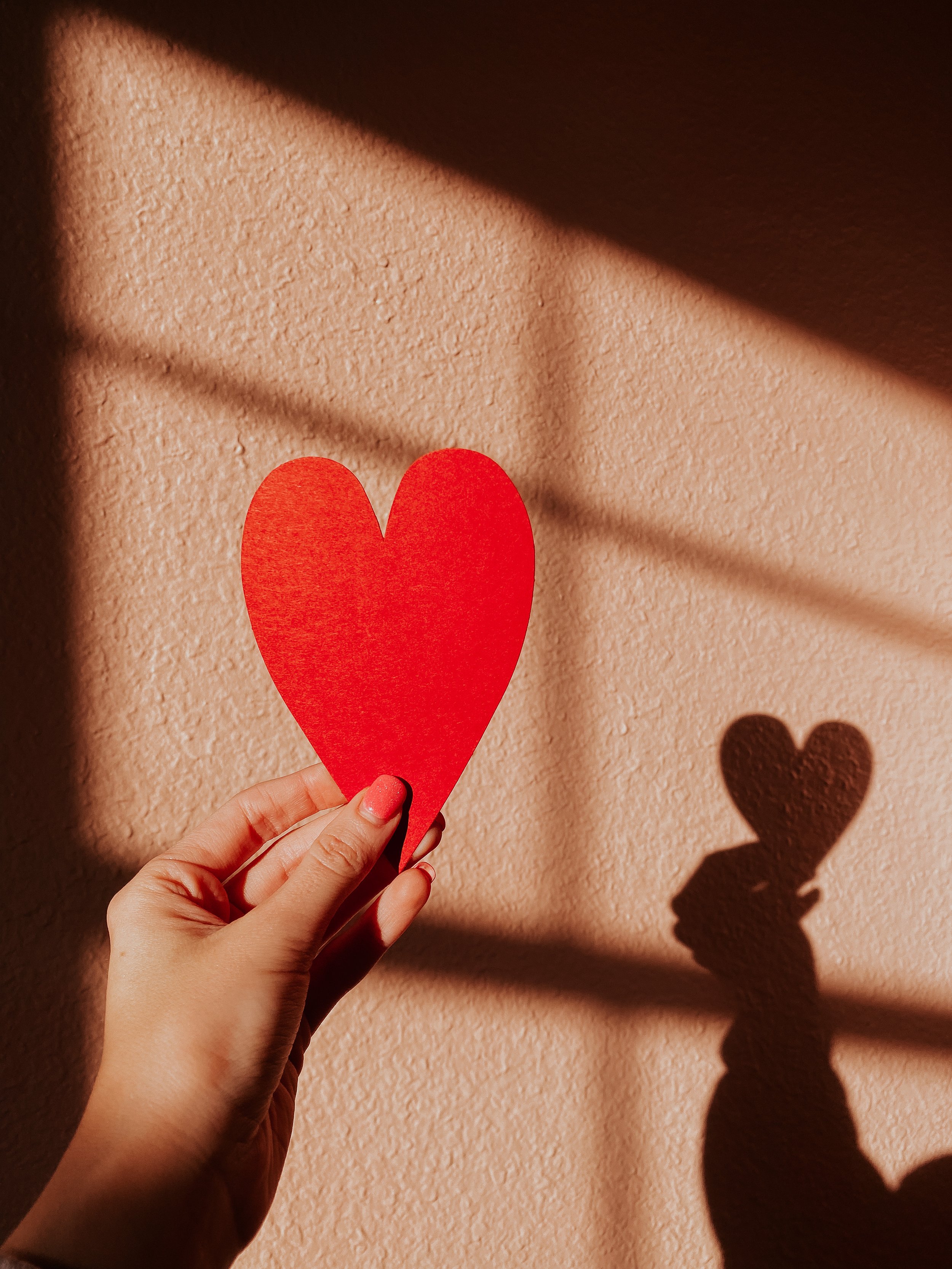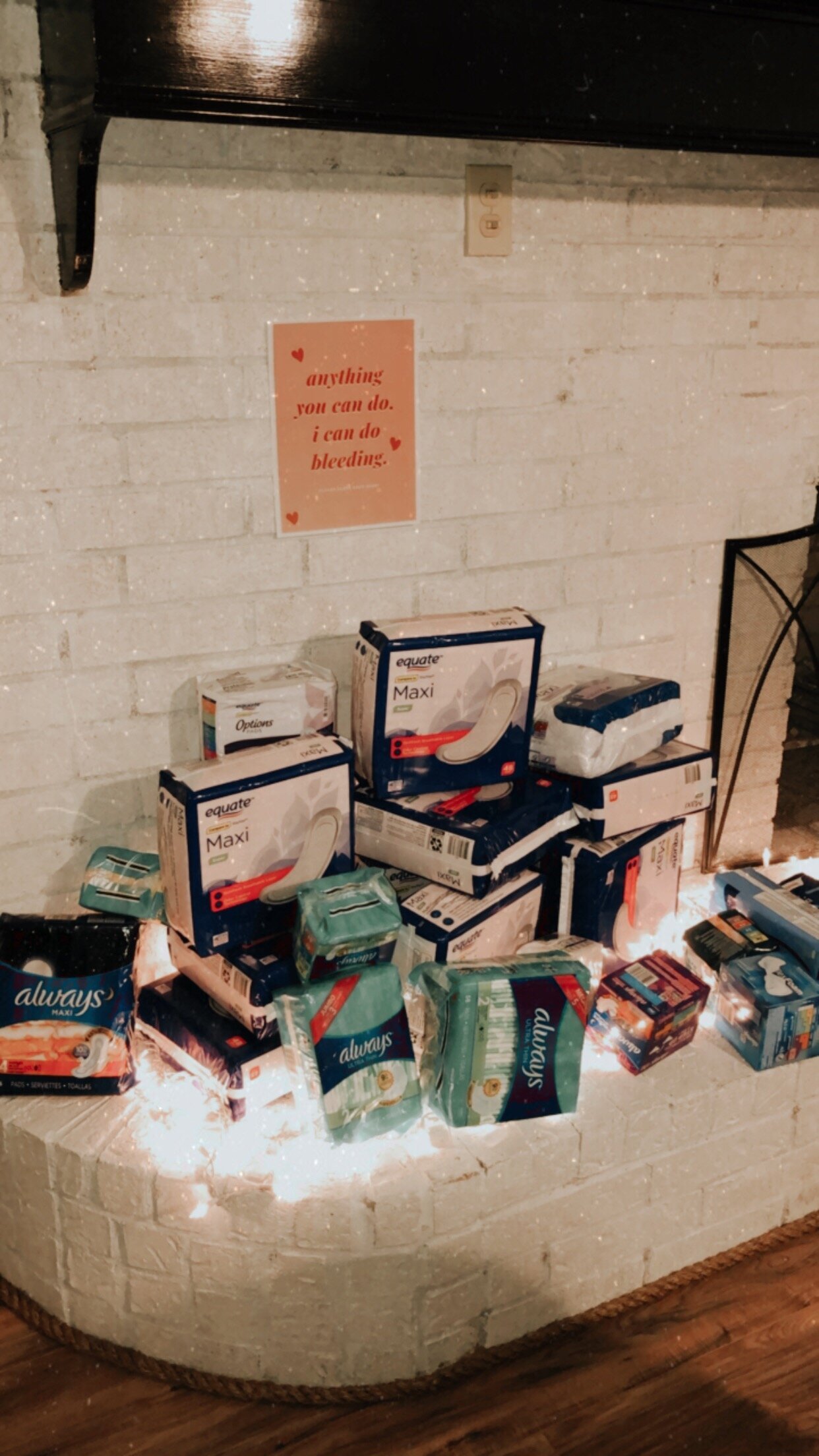Pads, Pads, Pads.
As women, we all know what it’s like to have a period, the mad dash to the bathroom to put in a tampon, and working from home when cramps are painful. However, many of us don’t know what it’s like to not have adequate feminine hygiene supplies. You and I might not know what it’s like to go without pads… but many women do.
WHAT IS PERIOD POVERTY?
Period poverty is inadequate access to menstrual hygiene products, education, and washing facilities. This impacts women below the Federal Poverty Line (FPL) and women experiencing homelessness. With limited monetary resources, these women often have to make a difficult choice between purchasing food or feminine hygiene products. Both are basic human needs, and they should never have to pick one or the other.
Photo from our 2020 pad fundraiser!
Here is some more info…
The average American woman uses 20 or more pads per cycle. Most homeless shelters have enough pads to give one woman two pads per cycle.
Women use rags, old shirts, or paper towels.
Two-thirds of women experiencing homelessness report being unable to afford period products.
1 in 5 low-income women reports missing work, school, or similar commitments due to lack of access to period supplies.
In Texas, 1 in 6 women and girls between the age of 12 and 44 lives below the Federal Poverty Line. Period Supplies are considered “non-essential”, and not covered by food stamps.
If those facts made your blood boil, you’re in the right place. You can make a difference. Donating feminine hygiene products helps vulnerable women stand a little taller & know they are taken care of.
Option 1: Local Donation
Donate pads to your local women's shelter/homeless shelter. You can find a list of local women shelters online (call to see if they are accepting donations first.)
Option 2: Pads for a Purpose Venmo Fundraiser
All funds received from Feb 10- 16th will be used to purchase pads to donate to Magdalene House.
Thank you for taking the time to care for women in our community. Thank you for donating, and most of all, thank you for spending Galentines Day in a way that supports women, makes them feel empowered, and that their period has a purpose.





